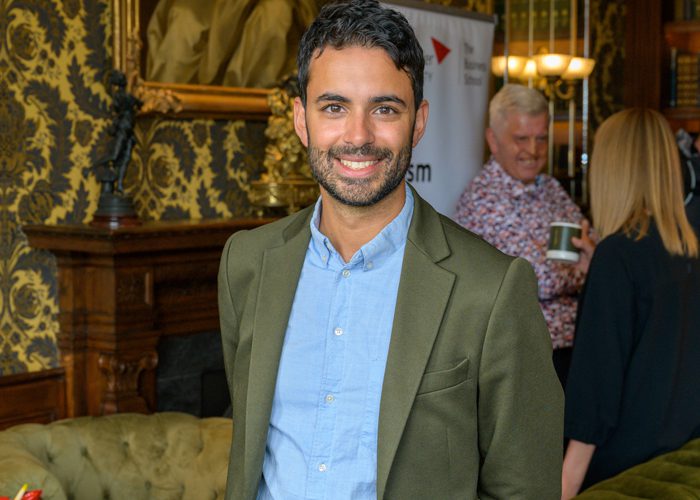ROBOTICS and AI can play an important role in easing the staffing crisis in the tourism industry without replacing existing employees, a new report by Traveltech for Scotland has found.
The research by the organisation which brings together more than 130 tech organisations within the tourism and hospitality sectors also found that working conditions and pay could be greatly improved by adopting software such as employee well-being platforms.
The findings indicate that technology will no longer be a marginal efficiency tool for businesses in the hospitality and leisure industry but a central pillar to their success as they adapt to permanent vacancies in key roles.
Tech solutions that assist in scheduling, training, and management, thereby aiding staff retention in an industry that has experienced a sustained period of high vacancies are identified as vital to the sector’s future. Further support is needed in areas such as housekeeping, front of house and food and beverage service.
There is, the report says, a particular need to help small businesses, which often lack the financial resources, implementation support or training time to explore tech solutions.
Scotland’s tourism and hospitality sector contributes around £6 billion to the Scottish economy every year and tourism businesses represent 8% of all registered businesses in Scotland. To safeguard its important contribution to the economy, the sector needs to address the long-term threat of permanent vacancies, a challenge unlikely to wane in the face of changing demographics and tighter borders.
The research, funded through the Scottish Government’s Tourism Recovery Fund and commissioned by Skills Development Scotland, cites the likes of Lemon, a health and safety solutions app, and Hop, a cloud-based property management system, as examples of effective existing innovations. TravelTech has also created an interactive searchable database, the Traveltech Scotland Directory, which identifies the best tech solutions for particular needs, from rota planning to health and safety management and more.
As well as implementing existing technology, the report notes that the hospitality and tourism industry has the opportunity to develop stronger research partnerships and development pipelines to address future challenges and bring new innovations to market.
Traveltech for Scotland, which works with a wide range of traveltech businesses, from globally recognised Skyscanner to innovative startups, argues the industry must be quicker to adopt new technologies.
Joshua Ryan-Saha, Director of Traveltech for Scotland and the report’s author, said:
“Staff shortages in the hospitality industry are a problem that will stay with us for a long-time. There is just a smaller pool of people who can and want to work in hospitality now than before. To secure the future of this critical industry, we need to better use the technology we have now, and we need to build the hospitality technology of the future.
“The potential of robotics and artificial intelligence is enormous, but we can’t replace people with robots. It wouldn’t be right, and it wouldn’t work. Hospitality is, at its heart, a ‘people industry’. Using technology to augment staff as they undertake their tasks and find ways to automate the less desirable parts of the job, we can create a fairer, more desirable working environment for staff.”
David Cochrane, Chief Executive of HiT Scotland (the Hospitality Industry Trust), said:
“The industry is renowned as resourceful and creative when it comes to finding solutions for the multiple challenges we face. This report adds more technology solutions into the mix, which must be considered when looking to the future workforce. Data is the new currency, we must spend it wisely.”
Angela Vickers, Chief Executive of Apex Hotels, said:
“This report comes at an opportune time when the industry is struggling with labour shortages and rising costs. Exploring the ‘art of the possible’ with new technology is the ray of hope that we need to keep going and find solutions to overcome current challenges.”
Lawrence Durden, Tourism Sector Manager, Skills Development Scotland, said:
“Skills Development Scotland were pleased to support this research which provides important insight into how businesses within the tourism and hospitality sector can better utilise labour saving technology to help address the significant staffing and productivity challenges faced by the sector.”
The Traveltech for Scotland cluster, which celebrated its second year in August, helps the sector navigate challenges and meet consumer demands in a post-pandemic society, and amid increased awareness of sustainability issues.
